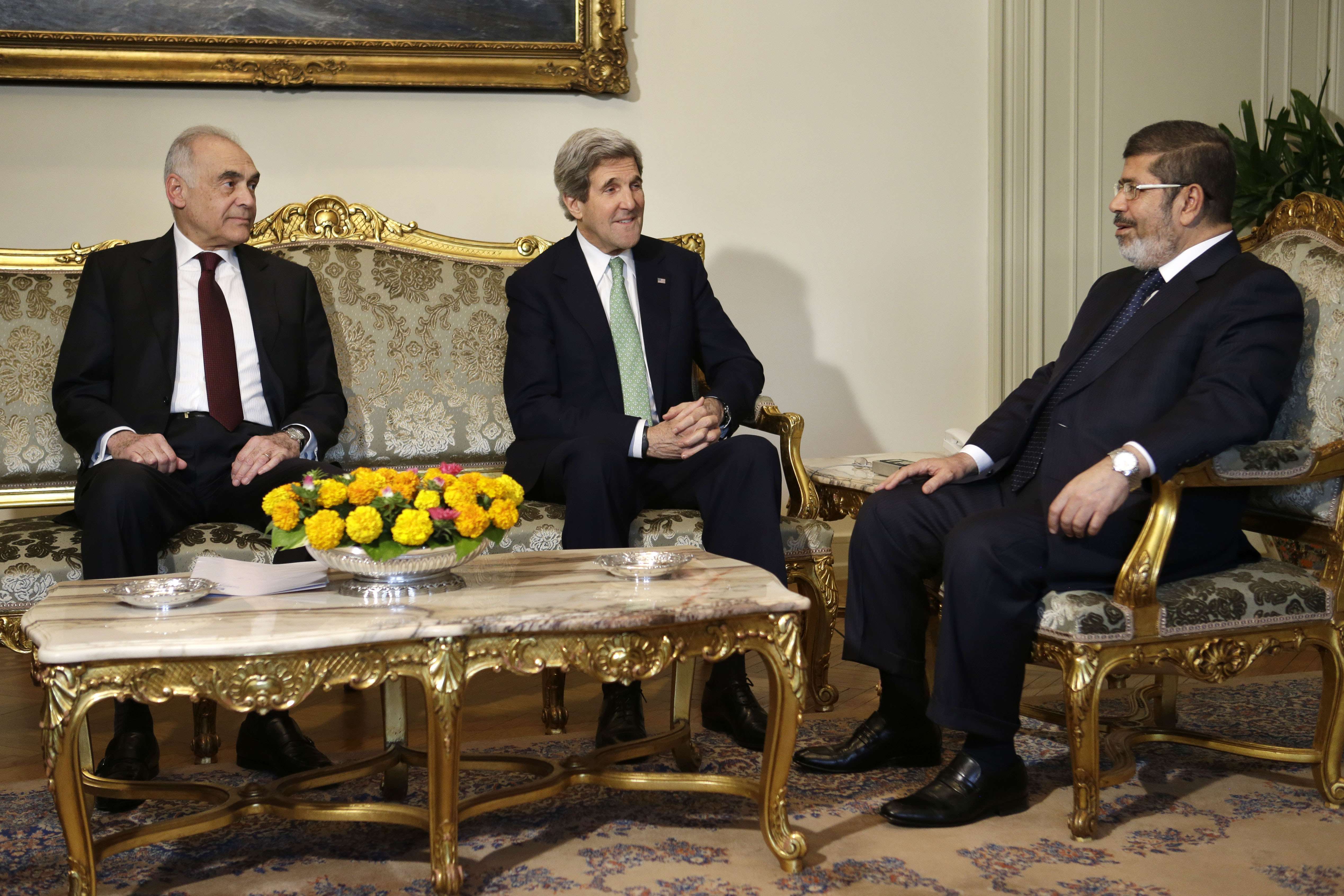Egypt’s Minister of Finance Mohamed Maait has announced that the government is working on digitalising financial directorates to strengthen the governance of expenditures and revenues.
The comments came as part of Maait’s review of the work programme for the accounts sector and financial directorates during the next phase to maximise efforts made in digitising them. It is also aimed at improving the infrastructure and technology.
It is consistent with the gradual transition to “Digital Egypt”, and strengthens the governance of the system of expenditures and revenues, raises the efficiency of public spending, and better manages financial allocations.
It also achieves financial and economic targets, and meets the developmental needs of citizens through major national projects implemented by the government. These aim to raise the standards and quality of living for Egyptians.
In a statement on Tuesday, Maait noted his keenness to sustain the development of the Ministry of Finance’s representatives in Egypt’s administrative authorities. This would take place in line with the developed electronic systems, in order to continuously qualify them to perform their duties to the fullest.
He said that there are several training programmes for workers that include technology, leadership and professional management skills.
These are aimed at laying the foundations for Egypt’s digital transformation, and strengthening the governance of the state’s financial system.
The minister stressed the need to conduct inventories of the funds, special accounts, and units of a special nature. This would help to review the regulations in preparation for their approval, in accordance with the established procedures and controls, in a way that ensures strengthening the governance procedures in light of their purpose.
Maait noted the importance of the speedy completion of establishing an accurate database of accredited moneychangers in the administrative authorities. These moneychangers will have been registered in the electronic payment and collection system, to ensure payments are limited to them.
It would ensure that each entity has a primary moneychanger and a reserve. It is expected to help control financial performance, ensure rational management of public funds, and direct financial allocations in their specified directions.
Tarek Bassiouny, Head of the ministry’s Accounts and Financial Directorates Sector, said that development of financial directorates has extended to Qaliubiya governorate.
Work systems are being modernised and automated in an integrated manner, to raise the efficiency of performance. This takes into account the establishment of an advanced training centre that serves government sector employees and helps develop their human capabilities.
Bassiouny pointed out that a technical and financial committee has been formed to follow up the modernisation and digitisation of the financial directorates. The committee aims to help them overcome all challenges that they may face in the process of development and digital transformation.
He said that working groups have been formed in the financial directorates to list the funds, special accounts, and units of a special nature.
They will also examine their balances and regulations, and address ministers, governors, and university presidents to provide the Ministry of Finance with the data of these funds, accounts and units. The necessary action towards reconciling their situation would be taken accordingly.
Bassiouny added that all government agencies have been approached to nominate two moneychangers, one of which would act as the primary, whilst the other would serve as backup. They will be listed on an accurate database under the electronic payment and collection system.




